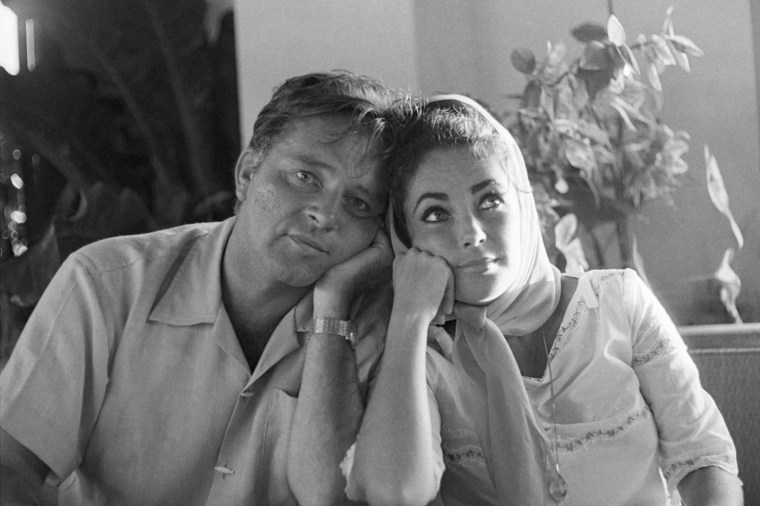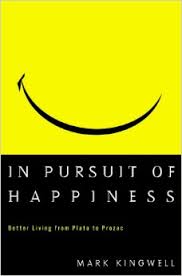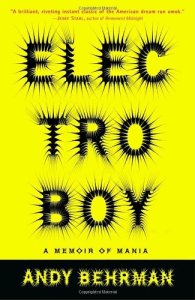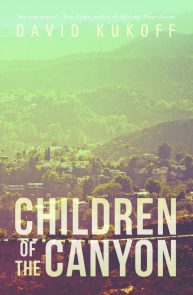Friedrich Kittler’s work describes a ‘post modern Tower of Babel’ which is paradoxically,
organized, or unleashed, by fractal theory which demonstrates that we, or society, do not
control technology but in fact technology totally controls and maneuvers us.
Kittler uses an iconic movement, or moment, from popular culture to define what he means
when he quotes Mick Jagger’s’ words: we can’t always get what we want but we get what we need. Meaning that the Frankenstein machine like monster that society has become gives us only what we need to exist.
Kittler is more or less saying that a fractal-army of techno-vampires has sucked the life
blood out of the human spirit and now that we, society, have been bitten there is no going
back: or undoing the processing of the fracturnally evolving system.
Kittler argues that the only problem that this Transylvanian system of technology has in completing it conquering of the human spirit totally is in how this system is to hide from us, or what is left of us, the fact that we the subjects have lost, or are losing, our identity.
We might argue that Herbert Marcue’s One Dimensional Man: 1964: offered humankind the chance of more possibities against the unfreedom of technological systems.
It seems for Kittler, as for Michael Focault, an authentic opportunity for individuals to
escape for humankind from becoming zombified, cyborgs, or vampires who line dance before the throwns of the technological systems is not even a remote possibility. The classic popular cultural movie Night of the Living Dead gives us a vivid and nightmarish aesthetic look at the phenomena of today’s society but we might say that there is a mocking humor in the directors cut.
Perhaps then the block buster, The Matrix is closer to the reality or non-reality that Kittler is arguing. The government originally banned this film for one reason or another?
However, we might argue that the development of fractal philosophy, or fractal theory, has other potential, and possible, and more optimistic ways of taking humankind forward in the 21st Century. Medicine and treatment along side the mapping of genes for instance.
Antonio Gramci said pessimism of the intellect and optimism of the will is the way forward and even though the Frankfurt School seemed full of doom in some of its arguments of objectivity it did offer that people were political and that a great refusal was also possible if we in society took a critical distance and a gave our self the chance to imagine alternatives from other perspectives.
Walter Benjamin’s work without doubt influenced Marshal Berman’s extraordinary book of
hope: All That Is Solid Melts into Air: 1983: which certainly challenges the arguments of the system and fractal totalities of Foucault and Kittler. We might argue then that Gramci’s optimism of the will is a spirited challenge arguing that people in society can change society.
Gramsci said that culture means the exercise of thought, the acquisition of general
ideas, and the habit of connecting causes and effects together. He argued that culture
means thinking well, whatever one thinks, and therefore acting well, in whatever one does:
optimism of the will once more.
When Gramsci wrote the words pessimism of the intellect optimism of the will he wrote it
from inside a prison cell and he wrote it as a message of hope for others. Gramsci argued that we must speak of a new struggle for a new culture which is intuitive to a new way of feeling and seeing reality.
Gramsci’s cultural words of optimism challenged the hegemony of totalities and the grip of
power that systems of totality have on society. Gramsci argued that hegemony was active in all realms of culture and social organization Gramsci’s optimism of the will can be seen as a direct argument against Kittler’s argument that the human spirit is no more.
Gramsci argued that a development of the will, or freedom of the will, was not beyond the individual to achieve.
Stewart Hall’s understanding of political activism, alongside academic theory, as an
essential way forward is hopeful also. For example, the Popular Cultural movement of the
Punk Rock phenomena of the 70s and 80s demonstrated how politics and aesthetics are fundamentally linked together by the relationship between performer and audience. The performer is not beyond the reach of the the person in audience just as those who dwell in the academic ivory tower also have to get their hands dirty.
Kittler offers no hope to a society of free will through popular culture, and just as Foucault does, Kittler turns each and every possibility of a developing universal imagination of Milky Ways, somewhere over the rainbows, and Never Lands into cul de sacs. The magical
spirit of humanity and looking through the looking glass from either way is shaped into a mind bending barbed wire matrix from which there is no escape: or no freedom of thought.
Marshal Berman makes this kind of argument in the introduction of All That Is Solid.
Stewart Hall talks about the potential of global citizenship and the possibility of freedom in a way that is lost under the fixed ideas that there is one space, one globe, one citizenship, and one morality, but that the reality is that otherness is the way forward.
Hall argues that the interconnectivity of popular Friedrich A Kittler: Essays: Literature Media and Systems:and globalization acts as structures of power that creates conflict instead of the possibility a universal vision. Hall’s argument on popular culture is one that demonstrates how the interconnectivity of globalization is used in the dimensions that Kittler argues but Hall argues that such totalization does not prescribe humankind a definitive future under such a pessimistic cloud.
In support of Kittler theory someone quoting Einstein said that God doesn’t play dice with the universe. Einstein also said that those who think that they know what the true is are getting shipwrecked on the laughter of the Gods.
Friedrich A Kittler:
Friedrich A Kittler: Essays: Literature Media and Systems: ISBN 90-5701-071-2
Answers.com: Dictionary: A Dictionary which is a Part of Popular Cultural Phenomena:
Fractal: A geometric pattern that is repeated at ever smaller scales to produce irregular
shapes and surfaces that cannot be represented by classical geometry. Fractals are used
especially in computer modeling of irregular patterns and structures in nature
Antonio Gramsci:
Gramsci, Antonio, Selections from cultural writings. London (Lawrence & Wishart) 1985
Stewerert Hall:
http://www.youtube.com/watch?v=fBfPtRaGZPM
Interview of the sociologist and social thinker Stuart Hall:
by Pnina Werbner.Feb. 01. 2008:



















